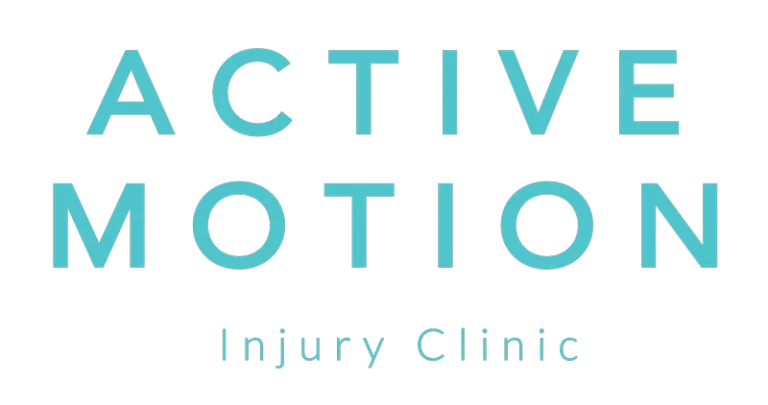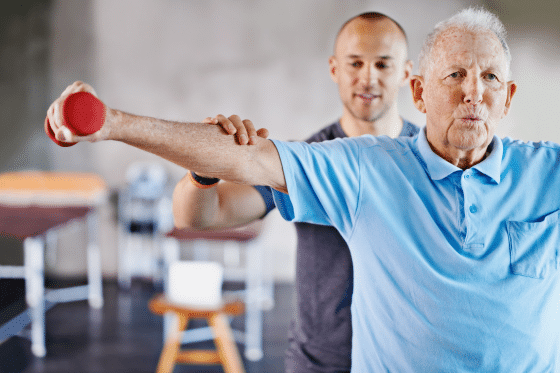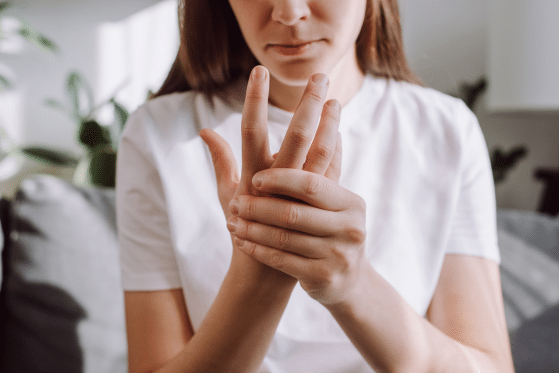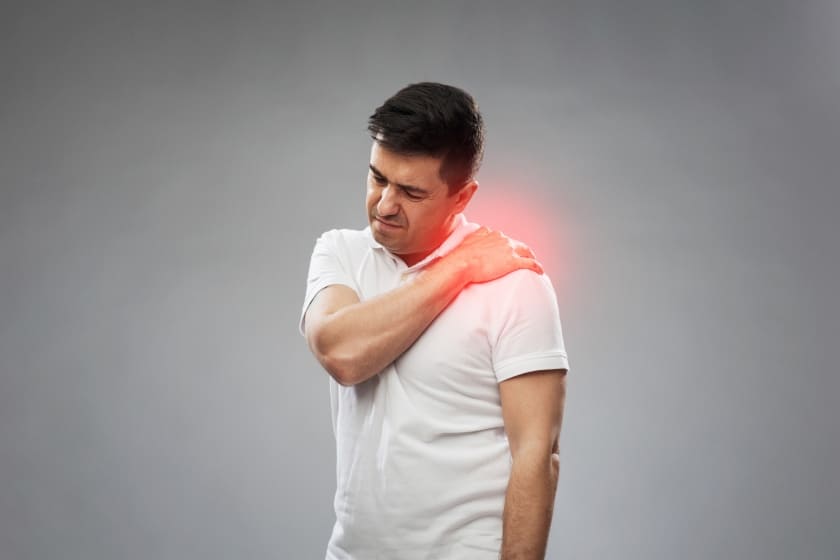Neck Pain and Headaches After 50: What You Can Do About It
“I just don’t want to be a burden.”
We hear this sentence far too often from people entering their 50s, 60s, or beyond. It’s usually whispered through clenched teeth, between stories of aching joints, difficult mornings, or fear of falling.







